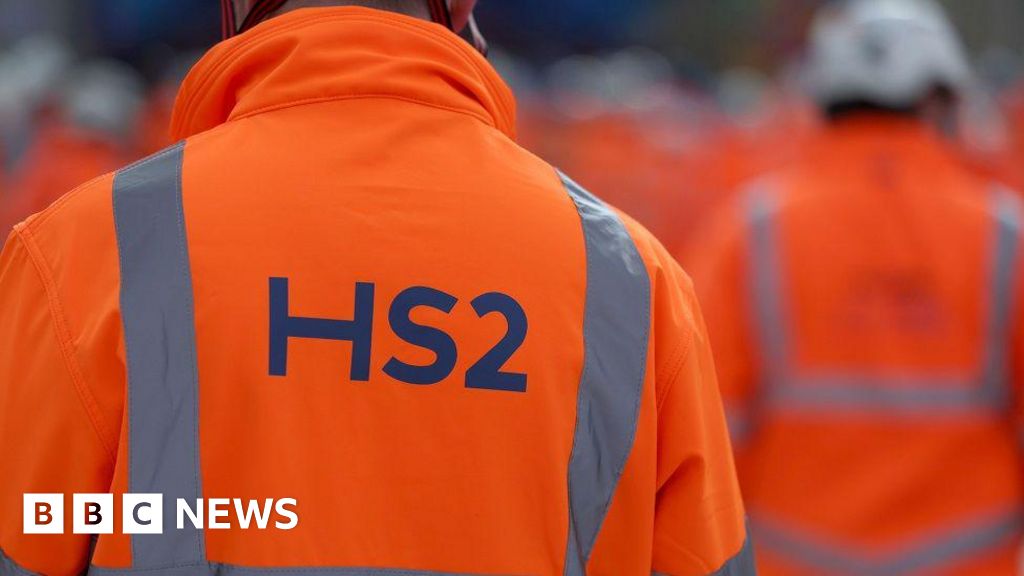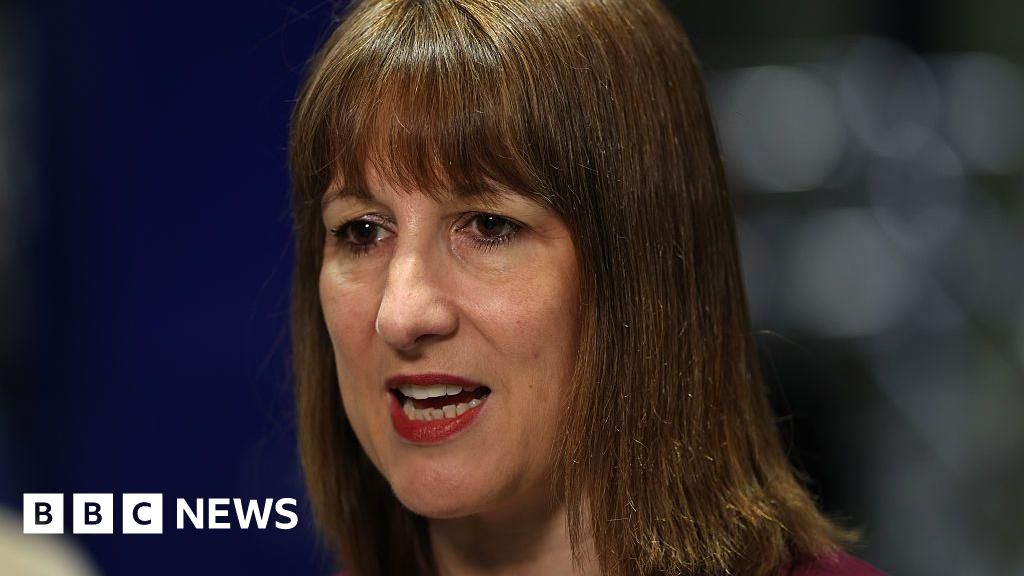ARTICLE AD BOX
 Image source, Getty Images
Image source, Getty Images
By Lucy Hooker
Business reporter, BBC News
Private rents rose faster last month than they have since records began in January 2016, latest figures show.
Across the UK, rents grew 5.1%, with higher percentage rises recorded in Wales and Scotland, the Office for National Statistics (ONS) said.
Housing costs are usually people's largest monthly outlay, meaning sharp increases have a big impact on budgets.
However, property prices are rising more slowly, as higher mortgage rates limit what home-buyers can afford.
UK house prices ticked up 1.9% in the year to May, down from 3.2% in the 12 months to April.
"UK annual house price inflation slowed again in May for the seventh consecutive month," said Aimee North, head of housing market indices at the ONS.
"While the average UK house price remains higher than 12 months ago, prices are now £7,000 below the recent peak in September 2022."
Higher rents
"UK rental prices increased again, with the highest annual inflation since records began in 2016," Ms North said.
The cost of renting rose 5.8% in Wales, 5.5% in Scotland and 5.1% in England in the 12 months to June, the ONS figures show.
The highest rises in England were found in the West Midlands at 5.4%. In the North East they rose by only 4.4%. In London, rents went up 5.3%.
The latest housing statistics are released against a backdrop of easing inflation.
On Wednesday, the ONS said inflation rose 7.9% in the year to June, a slowdown from 8.7% in May.
But a series of interest rate rises over the last 18 months has pushed up mortgage rates for both homeowners and landlords.
Michelle Lawson, director at Lawson Financial, a Fareham-based broker, said rising mortgage, combined with regulatory changes meant rising rents were "no surprise".
"Landlords cannot absorb these rises any more and they are naturally having to be passed up the chain," she said.
Other property brokers said a shortage of available properties meant demand was outstripping supply in the rental market.
Rhys Schofield, managing director at Derbyshire-based mortgage advisers, Peak Mortgages and Protection said demand was up 48% compared to pre-Covid levels while property to rent was "like hen's teeth"
"Rents being forced ever upward certainly doesn't do tenants any favours," he said.
Property prices
Property values increased by only 1.9% in the year to May, the most recent month statistics are available for.
House prices had previously been rising much more quickly than that, with annual house price inflation hitting 14% last year. They peaked in September 2022.
There was wide variation in house price inflation around the UK, however.
In England, the average house price grew 1.7% to £304,000 in the year to May.
In Wales it rose 1.8% to £213,000.
In Scotland, the average price was up 3.2% at £193,000. And Northern Ireland saw the average rise 5% to £172,000.
Within England, the North East recorded the highest percentage increase in house prices while the East saw no growth.
Gabriella Dickens, a senior UK economist at Pantheon Macroeconomics, said they were still forecasting an overall "peak-to-trough" drop in house prices of around 10%.
"Note, though, that even if prices do fall that far, they still will be around 15% above their pre-Covid level," she added.

 1 year ago
45
1 year ago
45








 English (US) ·
English (US) ·